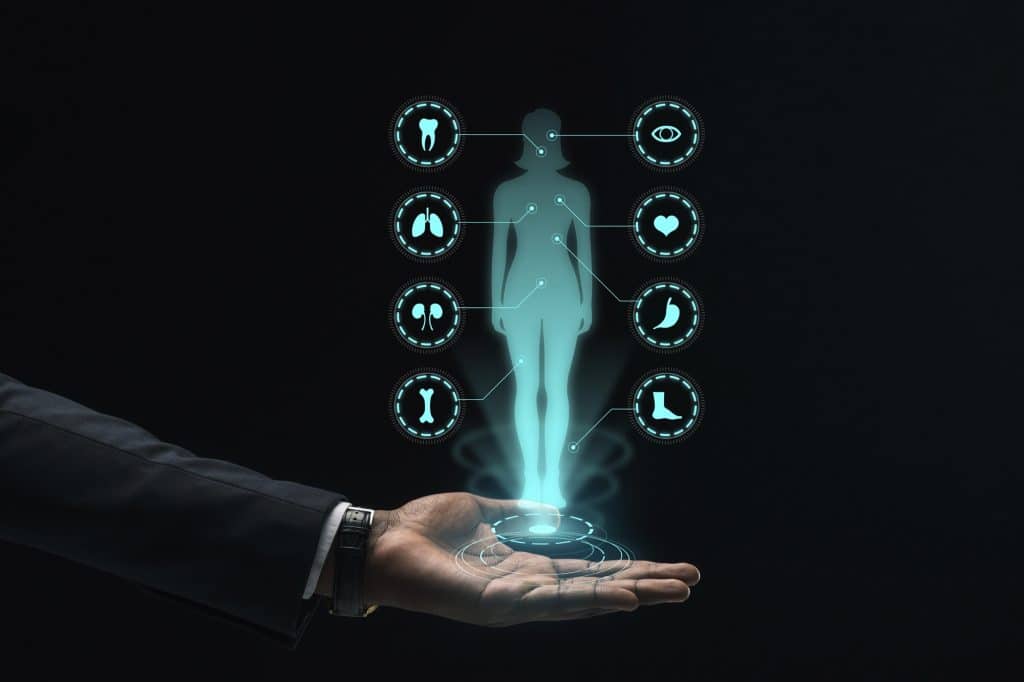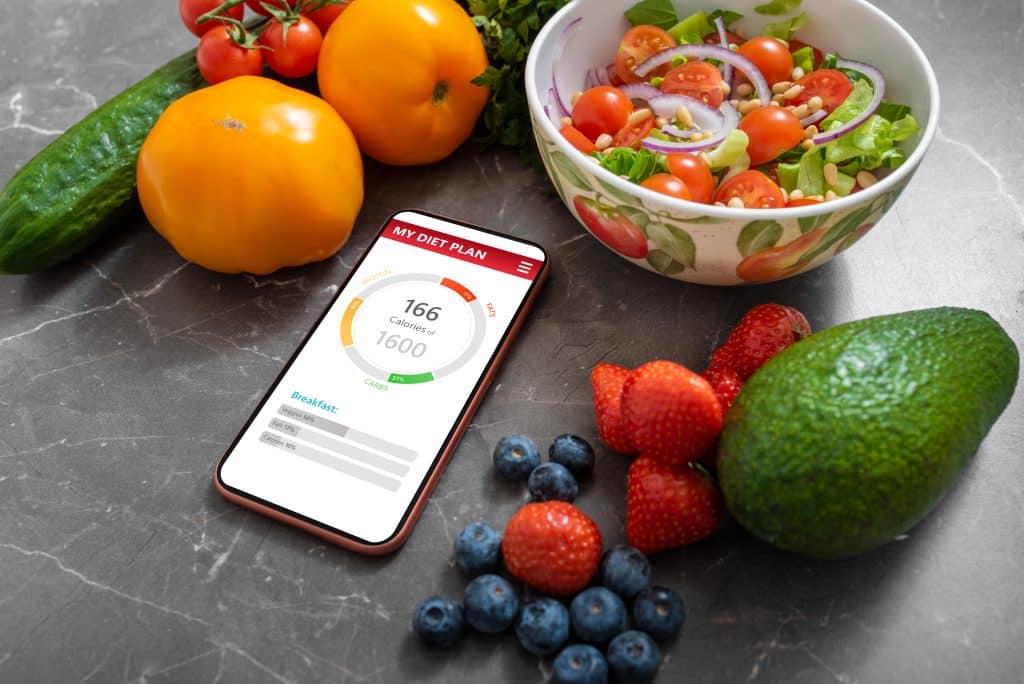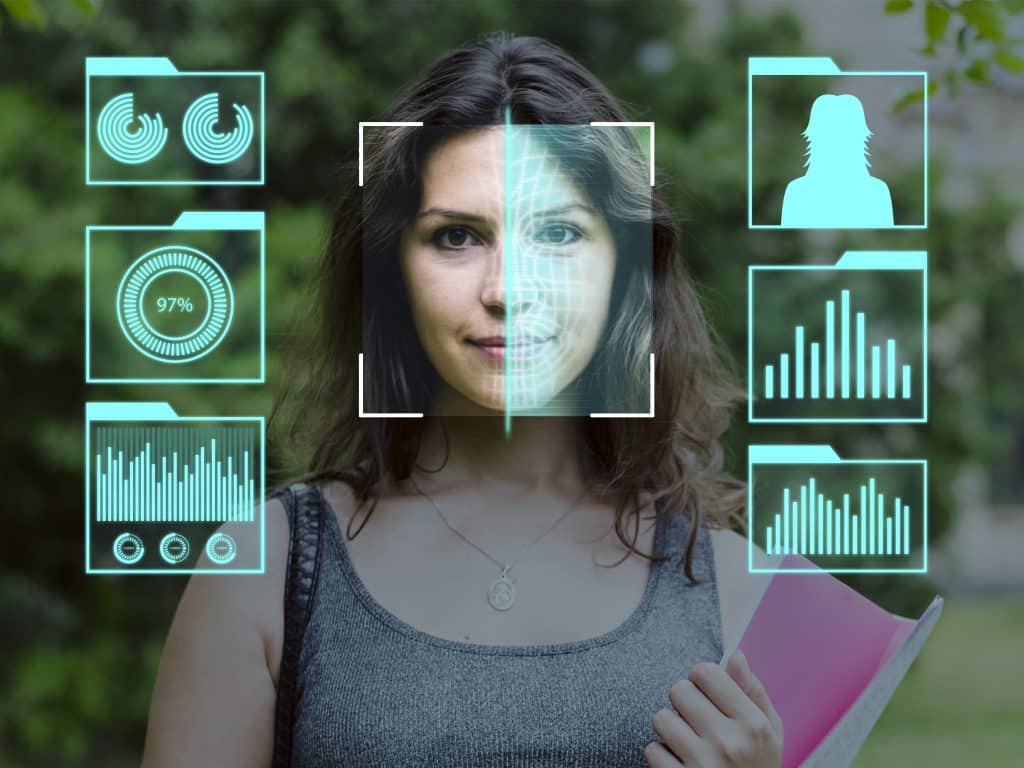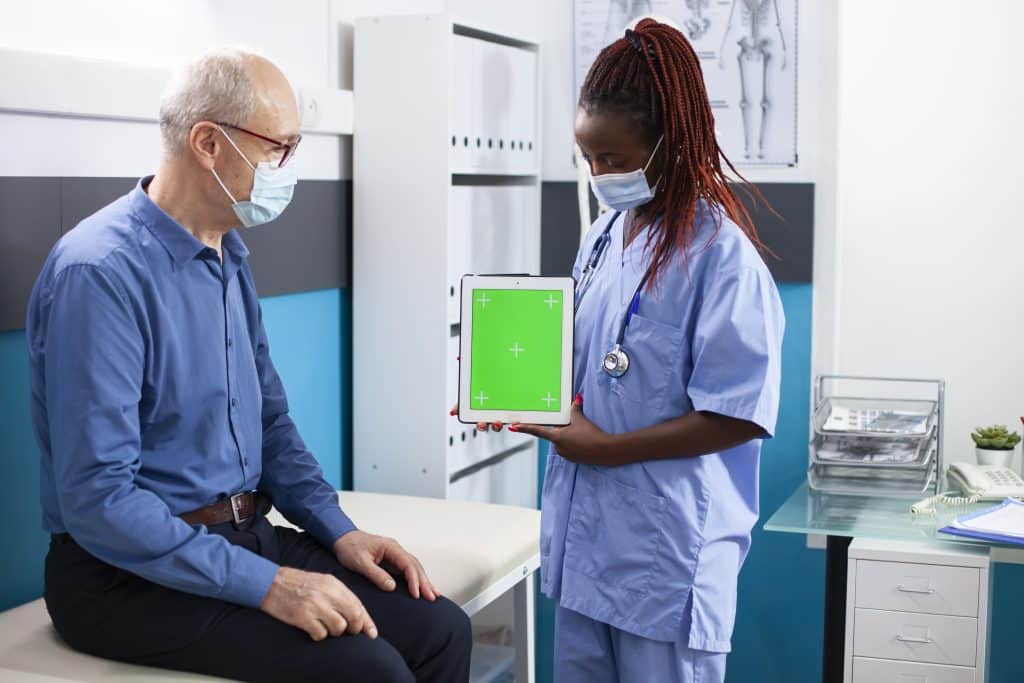Wellness Personalized: Discover the Best Health Apps
The New Era of Digital Wellness

We are living in an era where technology has become more than just a tool—it’s now a key ally in our journey toward better health. With the rise of smartphones and artificial intelligence, a new generation of apps has emerged that offers personalized health and wellness recommendations based on your lifestyle, habits, and goals. Taking care of your body and mind is now just a few taps away.
Why Personalization Matters in Health
Everyone has different bodies, routines, and needs. While one person may need help with sleep, another may be focused on weight loss or managing anxiety. That’s where personalization comes in.
Modern apps go beyond simple tracking—they learn from you. Using smart algorithms, they analyze your behavior and goals to offer targeted advice, such as:
- The best times for you to work out
- Foods to prioritize or avoid
- Tips for improving sleep quality
- Relaxation techniques that actually work for your anxiety levels
This tailored approach makes wellness more effective and engaging.
1. Physical Health Tracking
Apple Health & Google Fit
These are core apps for monitoring your physical health. Integrated with smartwatches and wearables, they track:
- Daily steps
- Heart rate
- Calories burned
- Sleep patterns
- Oxygen levels (on compatible devices)
They provide smart suggestions based on your habits—like adjusting your daily step goals as you progress.
2. Smart Nutrition and Food Tracking

MyFitnessPal
With an enormous food database, MyFitnessPal lets you track everything you eat and drink. Features include:
- Meal suggestions based on your weight goals
- Warnings on sugar, sodium, or fat overconsumption
- Personalized weekly reports
Yazio
Yazio goes beyond calorie counting. It builds custom meal plans based on your objective: weight loss, muscle gain, or healthier habits. The app learns and adjusts to your preferences and progress over time.
3. Personalized Fitness Plans
Freeletics
Popular in Europe, Freeletics provides AI-powered workouts tailored to your fitness level, time availability, and goals:
- Bodyweight workouts (no equipment needed)
- Real-time feedback
- Automatic difficulty adjustment
Fitbod
Ideal for gym users, Fitbod builds training routines based on your past workouts, available equipment, and recovery status. It prevents overtraining and helps you make steady gains.
4. Mental Health and Emotional Balance
Headspace
One of the leading apps for meditation and mindfulness, Headspace offers:
- Guided meditations for stress and anxiety
- Breathing exercises
- Sleep stories and sounds
The app tracks your mood and tailors content to help improve your emotional well-being.
Youper
Youper uses conversational AI to act like a digital emotional assistant. Based on your interactions, it offers:
- Emotional state analysis
- Cognitive-behavioral therapy techniques
- Mindfulness and self-compassion exercises
6. Preventive Health and Symptom Monitoring
Ada
Ada is an AI-powered health app that helps you understand your symptoms. It offers:
- Analysis based on clinical data
- Personalized health reports to share with doctors
- Preventive care suggestions
Healthily
Healthily functions as a digital check-up tool, recommending personalized actions such as:
- Which tests to take
- Prevention tips
- Health insights in easy-to-read charts
-
Challenges and Cautions
These apps are valuable tools but not substitutes for medical professionals. Keep in mind:
- Data privacy: Choose apps that use encryption and don’t sell your information.
- Evidence-based design: Prefer apps developed with healthcare professionals or supported by science.
- Notification overload: Digital wellness shouldn’t become another stressor.
The Future of Personalized Health Apps
As technology evolves rapidly, so does the potential for personalized health apps to revolutionize how we care for our bodies and minds. What started as basic calorie counters and step trackers has now evolved into intelligent digital companions that anticipate our needs, offer real-time insights, and adjust to our behaviors.
But what’s next? The future of personalized health apps is not only promising—it’s transformative.
1. Artificial Intelligence Will Make Apps Even Smarter
Most health apps today already use some level of AI to analyze user data and provide recommendations. However, the next wave will go far beyond basic tracking.
Upcoming developments in AI for health apps:
-
Predictive analytics: Apps will forecast health issues before symptoms appear by recognizing subtle changes in behavior, speech, or biometrics.
-
Conversational AI: Virtual health coaches that talk to you like a therapist or nutritionist, offering personalized guidance in real-time.
-
Emotion recognition: Some apps may detect mood shifts based on voice tone or facial expressions, helping intervene early in emotional distress.
2. Wearables Will Become Smarter and More Integrated
The integration between apps and wearables like smartwatches, fitness bands, and biosensors is expected to grow dramatically. These devices will become mini health labs on your wrist.
Coming innovations include:
-
Sweat sensors for monitoring hydration, hormones, and stress levels
-
Non-invasive glucose monitors for people with diabetes
-
Real-time oxygen saturation and heart variability tracking for mental health feedback
-
Smart patches that transmit data 24/7 without needing user input
Apps will use this data to update your wellness plan minute-by-minute—suggesting when to rest, hydrate, meditate, or move.
3. Hyper-Personalized Nutrition and Meal Planning
Tomorrow’s nutrition apps won’t just ask what you ate—they’ll know your body’s specific needs down to the nutrient level, adapting your diet in real time.
What’s coming:
-
DNA-based diet recommendations
-
Gut microbiome integration to personalize food choices
-
AI-generated grocery lists based on current deficiencies or goals
-
Smart kitchen integration: your fridge may tell your app what ingredients you have and get recipe suggestions instantly
Nutrition will become as precise as medicine.
4. Seamless Integration With Healthcare Providers
Currently, many apps operate independently of medical systems, but this is changing. The future points to a connected ecosystem where your doctor, therapist, or coach can see your app data (with consent) and provide care accordingly.
This means:
-
Secure real-time sharing of health stats with professionals
-
Preventive care and early intervention based on app alerts
-
AI-generated health reports shared directly with your medical team
-
Personalized treatment plans updated automatically based on your app behavior
This could reduce hospital visits and improve treatment success.
5. Privacy and Ethical AI Will Become Top Priorities

With more personal health data being collected, ethical AI and data protection will be crucial. Users will demand transparency on how their data is used, and governments may increase regulation.
Key developments:
-
End-to-end encryption for all health data
-
Local data processing (on-device AI) to reduce cloud dependency
-
User-controlled data access: you choose who sees what and when
-
Certification systems for “trustworthy health apps”
Only apps that respect user autonomy and safety will thrive in the future market.
6. Mental Health Support Will Be More Dynamic and Accessible
Mental health apps are already growing in popularity, but the future holds deeper integration with real-life events and personal emotional patterns.
We may soon see apps that:
-
Alert you when you’re heading toward burnout or anxiety spikes
-
Automatically recommend grounding exercises when stress is detected
-
Adjust meditations or therapy sessions based on your mood
-
Work in sync with wearables to analyze sleep, heart rate, and movement for emotional forecasting
Digital mental wellness will become proactive, not reactive.
7. Real-Time, Whole-Person Wellness Coaching
Rather than juggling 5 apps for diet, fitness, sleep, and stress, future health apps will unify all dimensions of well-being into a single intelligent interface.
Imagine an app that:
-
Knows your meetings and stress levels and schedules breathwork accordingly
-
Notifies you of dehydration while adjusting your workout for lower intensity
-
Syncs with your calendar to prevent burnout
-
Provides holistic check-ins weekly with a custom wellness score
This represents the shift from app to digital life coach:
Conclusion: A New Era of Empowered Wellness
Personalized health and wellness apps mark a transformative shift in how we approach self-care. No longer limited to rigid plans or generic advice, we now have access to intelligent digital tools that understand our bodies, our behaviors, and even our emotions—providing actionable insights that evolve with us.
By integrating cutting-edge technology, real-time data analysis, and a growing sense of emotional intelligence, these apps empower us to take control of our health in a way that feels personal, intuitive, and achievable. Whether you’re trying to improve your sleep, eat more mindfully, manage stress, or build an effective workout routine, there’s now a personalized app designed to meet you where you are—and help guide you to where you want to be.
More than convenience, these tools offer clarity, consistency, and confidence. With daily feedback, tailored plans, and user-friendly interfaces, self-care becomes less overwhelming and more accessible—even joyful.
And as artificial intelligence, wearables, and data privacy practices continue to evolve, the future promises even more seamless and secure ways to support our well-being through technology.






